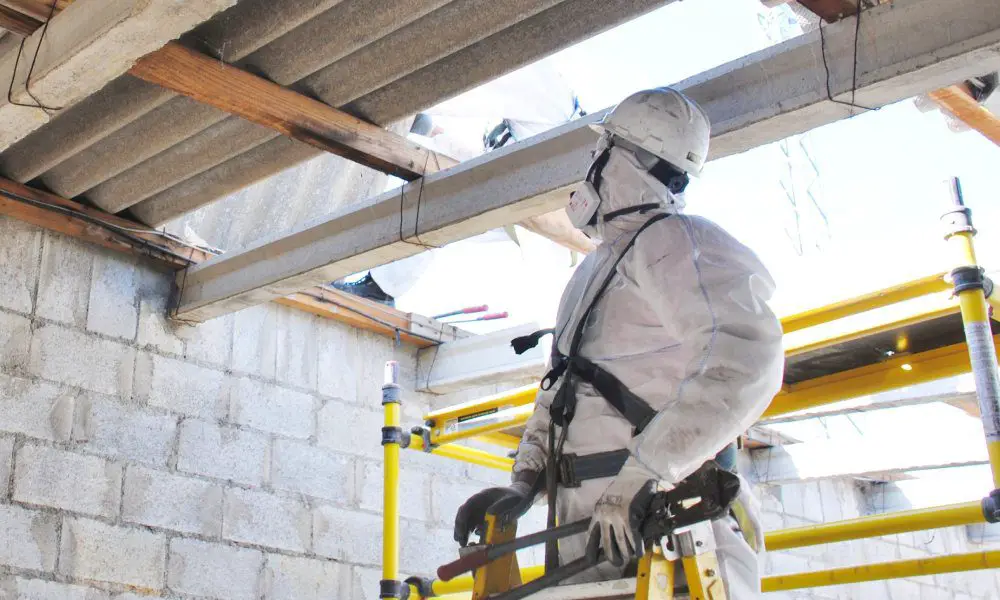

Have you ever wondered why people once adored asbestos? They considered it a miracle material. This fibrous mineral has a long and complicated history, stretching back thousands of years. Today, we’ll explore what asbestos is, its historical significance, and why we started using it in the first place.
Believe it or not, asbestos isn’t a modern discovery. Ancient civilizations were the first to tap into its unique properties. The ancient Greeks, for example, used asbestos fibers in the wicks of their eternal flames, believing it to be magical due to its resistance to fire.
The Romans also found uses for asbestos, incorporating it into their building materials and clothing. They even observed that enslaved people who worked with asbestos had health issues, but the material’s benefits seemed to outweigh these concerns.
The Chinese, on the other hand, used asbestos in paper production. These early applications highlight how diverse and widespread the use of asbestos was, even in ancient times. It’s an interesting fact about asbestos that shows how ingrained it was in various cultures long before the industrial age.
The Industrial Revolution marked a significant turning point in the use of asbestos. With the shift from handcrafted goods to mass production, the demand for durable and fire-resistant materials skyrocketed. Enter asbestos, the wonder material. It became a staple in various industries, from textiles to construction. Factories used asbestos to insulate machinery, while builders incorporated it into cement and roofing materials.
This period saw an unprecedented boom in asbestos production and use. People praised the material for its versatility, cost-effectiveness, and fire-resistant properties. The material’s popularity soared, becoming almost unavoidable in everyday life. However, it wasn’t long before the darker side of asbestos emerged.
Scientific research in the 20th century uncovered the health risks associated with asbestos exposure. By the 1920s and 1930s, medical studies began linking asbestos to lung diseases and cancers, alarming the public and healthcare professionals alike. The first regulations aimed at controlling asbestos use emerged in the mid-20th century. These regulations were the initial steps toward acknowledging the material’s dangers and protecting public health.
Despite these early warnings, the use of asbestos continued to grow. It took decades of research, advocacy, and legal battles before substantial restrictions happened. This period also saw the rise of workers’ rights movements, pushing for safer working conditions and better health standards.
Awareness campaigns and scientific advancements played crucial roles in educating the public about the dangers of asbestos. This era highlighted the need for stringent regulations and safer alternatives. The devastating impact of asbestos on public health remains a significant chapter in industrial history.
The late 20th century saw a global movement to ban asbestos. Countries around the world recognized the severe health risks and began implementing strict regulations. The United States, for example, established the Environmental Protection Agency (EPA) to oversee asbestos control and eventual phase-out. Despite these efforts, asbestos remains a concern due to its long-lasting presence in older buildings and products.
The legacy of asbestos serves as a stark reminder of the importance of rigorous testing and regulation of industrial materials. It also emphasizes the need for ongoing vigilance in identifying and mitigating health risks associated with new technologies.
Reflecting on the history of asbestos, we see a material that was once celebrated for its remarkable properties but ultimately proved to be a significant health hazard. The lessons learned from asbestos use and its subsequent ban are crucial for guiding future industrial practices. Ensuring safety and sustainability in industrial operations remains a top priority as we move forward.
Optimize your food processing facility by better understanding the critical ways gases can impact electrical…
Discover the best safety practices for restaurants, ranging from fire prevention to hygiene standards. Take…
Radon levels rise at higher elevations due to low air pressure and sealed homes. Learn…
There’s nothing worse than lighting a new candle and watching it sputter out, tunnel, or…
Discover how woven metal fabric transforms restaurant design with its versatility, from feature walls to…
Upgrading your workspace? Get inspired by design ideas for materials, lighting, and amenities, and tips…